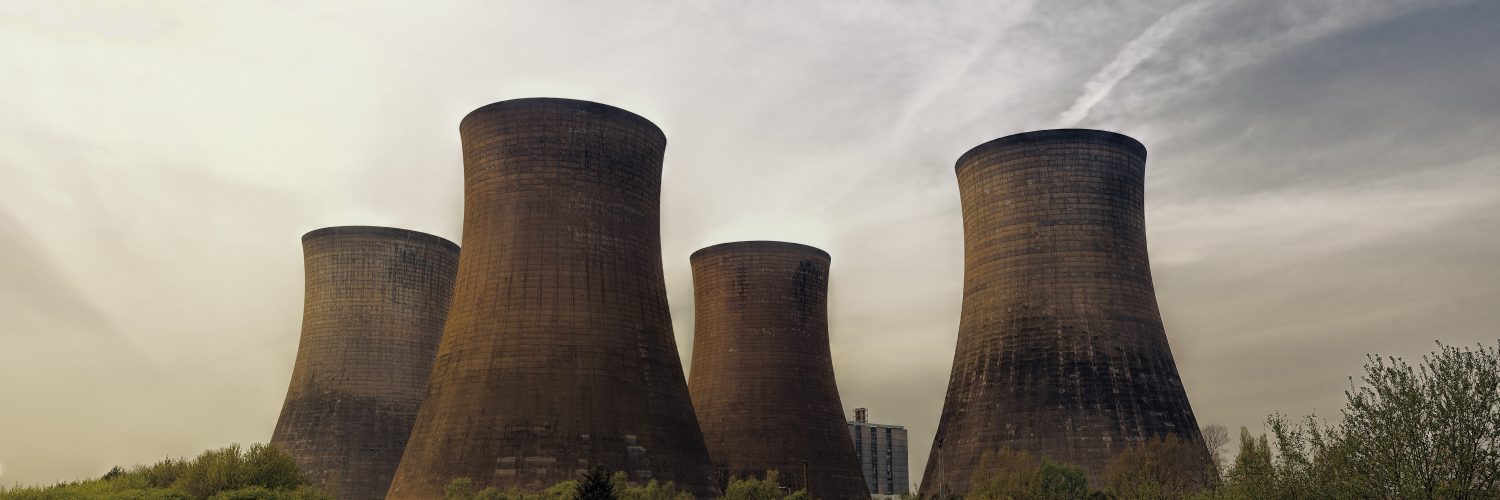The United States leads the world in nuclear energy production, generating 20% of our nation’s power for homes, schools, and businesses across 30 states. Nuclear power, derived from uranium, is safe, reliable, and resilient while producing no controlled air pollutants or greenhouse gas emissions. Clean, carbon-free nuclear energy has been powering America for 60 years.
Arizona and Illinois are more than 1500 miles apart but have a mutually shared interest in nuclear energy production. In fact, the two states are at the forefront of the nation’s nuclear power generation. America’s largest nuclear power plant by net generation, Palo Verde Nuclear Generating Station, is located in Arizona; and with a fleet of 11 commercial reactors, Illinois has the most nuclear plants of any state. Because our states recognize the many benefits of nuclear power, we also recognize how vital it is to proceed with a permanent solution for spent nuclear fuel.
One of the biggest upsides to nuclear power is that nuclear fuel is extremely dense, which means it doesn’t take up as much space as one might think. In fact, all the nuclear fuel used over the last 60 years could fit on a football field. The downside is that once used in a reactor, spent nuclear fuel becomes dangerous for centuries. This is why a plan for a central, geologic repository for spent fuel was developed. Without a central repository, nuclear waste generated in the U.S. will continue to sit in 121 communities across 39 states forever.
In 1987, Congress chose Yucca Mountain – a remote ridge on federal land near a former nuclear weapons test site in the Nevada desert – to be studied as the nation’s official nuclear waste repository. The repository project received bipartisan support until President Obama, who campaigned on killing the project, effectively did so by cutting off funding. During his two terms, Yucca Mountain seemed abandoned.
Hopes for completing Yucca Mountain were restored when President Trump took office and his Administration again sought to follow the law by requesting funding in their annual budget. In May, the House overwhelmingly voted 340-72 to restart the licensing process for Yucca Mountain. There is clearly bipartisan support to move forward with the project. The 116th Congress must come together and recognize the environmental, national security, and economic impacts of not moving forward with Yucca Mountain.
Despite a newly ignited interest in fulfilling our statutory obligation to Yucca Mountain, lack of congressional action has slowed progress over the last decade. For this reason, the amount of nuclear waste across the country and its associated costs are mounting. Currently, taxpayers are on the hook for $800 million annually – a cost projected to exceed $35 billion unless we do something. The lack of action is concerning since electricity customers across America, including in our states, have paid more than $40 billion into the Nuclear Waste Fund with nothing to show for it. The costs are simply too high to not move forward.
It is our hope that a new year and a new Congress will jumpstart the conversation on a permanent solution for nuclear waste. Millions of American families, their homes, and their businesses are relying on this clean, emission-free energy source. If only we can fulfill our obligation to make sure it’s responsibly stored.

Representative Debbie Lesko represents the 8th Congressional District of Arizona

Representative John Shimkus represents the 15th Congressional District of Illinois
















Add comment